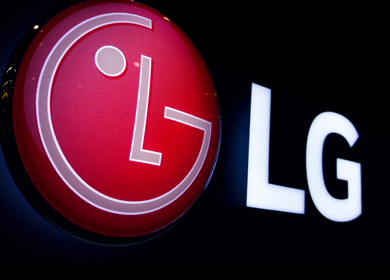Connecting the dots on Lufthansa’s poster campaign – brands and unethical advertising
Published: March 01, 2023

Lufthansa’s Ad campaign where it claimed that it was protecting the future of planet Earth, has been banned by the Advertising Standards Authority (ASA), the UK advertising watchdog. ASA has ruled that Lufthansa was misleading consumers, particularly about the environmental impact of flying.
It was a poster campaign – the large canvas had a huge image of a ball – the top half was the face of an aircraft and the bottom, the image of the Earth – with the line, “Connecting the world. Protecting its future.”
The ASA ruled that Lufthansa was giving consumers a "misleading impression of its environmental impact", banning it in the UK.
Climate change and the environment is the key and enduring issue of our age.
Miles Lockwood
The director of complaints and investigations, ASA.
“Advertisers in high carbon emitting sectors shouldn’t make claims that give consumers a misleading impression about their green credentials and plans or which they can’t substantiate with robust evidence.”
Lufthansa defended its campaign by stating that this was about aspirations; that it was about the future – and that Lufthansa was committed to becoming carbon neutral by 2050 and cutting carbon emissions in half by 2030.
The ASA responded with “Many of these initiatives [are] targeted to deliver results only years or decades into the future … there were currently no environmental initiatives or commercially viable technologies in the aviation industry which would substantiate the absolute green claim ‘protecting its future’, as we considered consumers would interpret it.”
Lufthansa follows Lipton, Persil, Ryanair, HSBC, Esso and Shell, to name a few big names that the ASA pulled up for misleading environmental or green claims.
Beautiful image though, one must admit. Brilliant conception – brilliant play on the night and day images of the earth that are so popular. And the strapline is powerful.
Still misleading.
Still unethical.
Still wrong.
What this means for Advertisers
Remember Volkswagen and its clean diesel cars? Red Bull being able to give you wings? New Balance and its sneakers that could help you burn more calories?
The list is endless seemingly.
Unethical advertising is as old as consumerism. But that doesn’t make it right.
False claims in your ads may be tempting but they are a dangerous thing. It may be tempting to stretch the truth a little, at best, or outright make false claims at worst, in order to attract new customers or get them to buy your product or service.
In this case, everyone knows that flying is bad for the planet. Its impact on global warming and climate change are far from negligible. It leaves a huge carbon footprint as aircrafts use aviation fuel which is petroleum-based. And to say that you are protecting the future of the planet is clearly a false claim.
The world is waking up to climate change, the danger in burning up fossil fuels, the hole in the ozone layer, the melting polar ice-caps, the environment and the world we live in. So much so that some brands may be tempted to cash in on that wave and make claims that are completely false, in order to attract new customers. It might even seem like it is fashionable, so to say, to do so.
Choosing to omit some important information, or coloring it a bit to make everything sound above board may work short-term. But it will deceive consumers and be detrimental for brands in the long run.
This could cause brands to get in trouble with regulatory bodies, lose thousands of dollars, end up with a lot of negative publicity, and lead up to customers losing faith in you. And now with everyone hooked up and vocal on Social Media, the consequences can be far-reaching and disastrous.
Even brands with a loyal customer-base can get a lot of negative repercussions with this kind of thing. It can tarnish the brand’s image and can have a negative effect on the impression current and prospective customers have about the brand, which will then translate into hesitant client approaches and a decreased consumer base.
The long-term repercussions that such deliberate misleading could cause are huge, and the immediate consequence is a PR nightmare! This kind of unethical, misleading advertising is something brands would do well to stay miles away from – it is just not worth being penny wise and pound foolish.










Be the first one to comment.